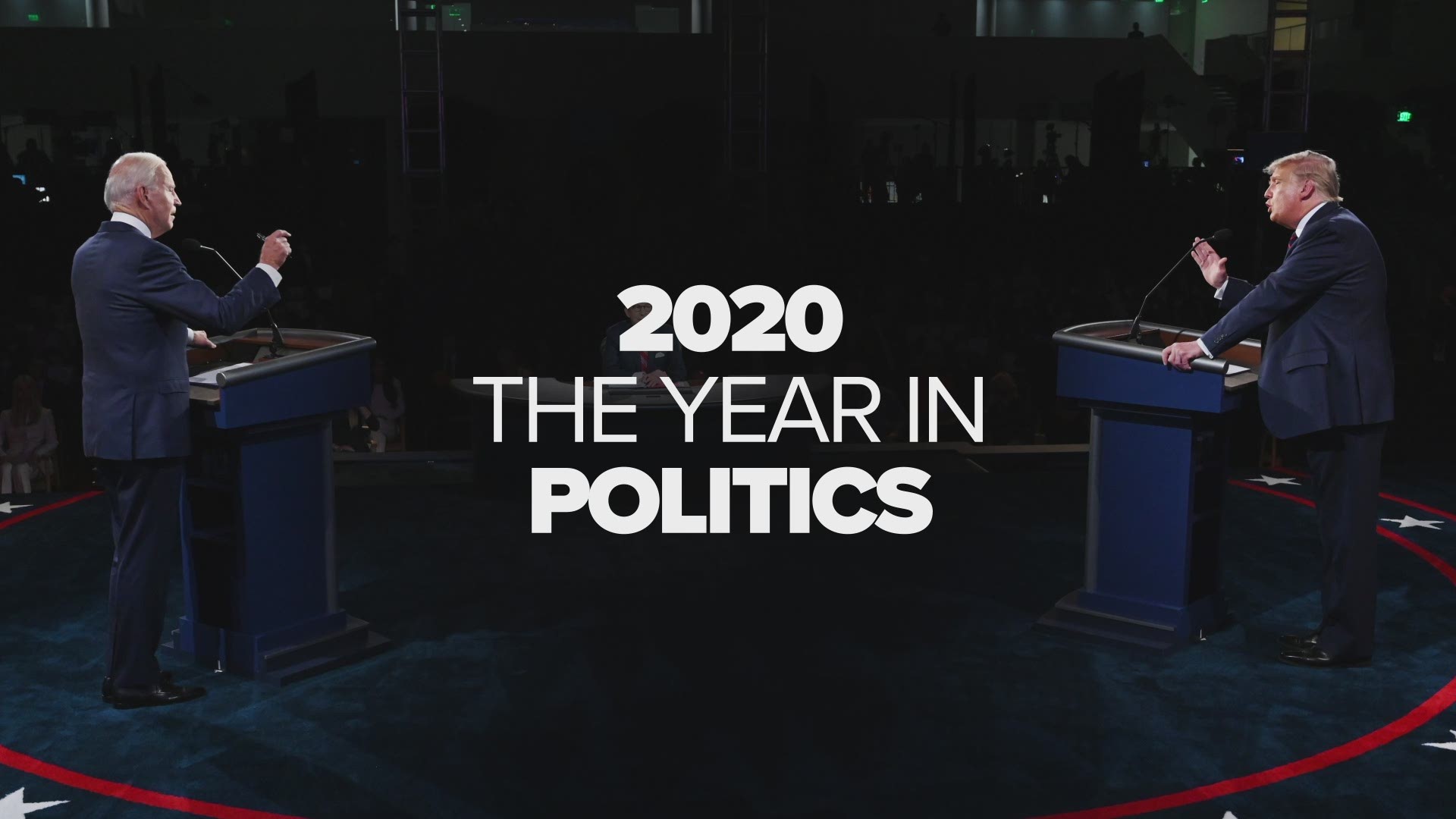Debating Democratic Principles: The Power of Civic Discussion
In today's quickly evolving political environment, the forces of power and influence are constantly shifting. As get closer to the 2025 elections, the dialogue surrounding democracy has grown, prompting debates on everything from the significance of the youth vote to the implications of foreign policy changes. As independent voters gaining traction and new alliances forming in Congress, the issue of what defines the political era we are entering looms large.
In the midst of rising tensions and shifting allegiances, issues such as climate politics, the role of political establishments, and the impact of political false narratives shape the conversation. As we explore these themes, we must reflect on whether democracy is truly under threat or if we are witnessing a reinvention of civic engagement. The forthcoming election cycle, marked by speculation of impeachment and the ongoing struggle for bipartisanship, establishes the stage for a transformative period in American governance. Join us as we navigate this intricate landscape of political discourse, examining the power plays at hand and what they signal for the future of democracy.
The Condition of Public Dialogue
Public dialogue in modern communities is increasingly marked by division and the growth of partisan media. As traditional news sources fight to maintain relevance, many voters turn to sources that strengthen their existing beliefs, resulting in echo chambers where contrasting viewpoints are rarely recognized. This shift has serious consequences for how policies are discussed and interpreted amongst the voting public, complicating the journey toward agreement and mutual comprehension in political discussions.
Amidst this environment, there is a notable emergence of independent voters who are challenging established party politics. This demographic, which is frequently disillusioned with the two-party nature of the governmental system, is gaining ground as they seek alternatives that more align with their values. As the 2025 election approaches, these independents are positioned to play a key role, shaping strategies and outcomes in ways that could reshape the political landscape. Their unique perspectives compel parties to engage in more meaningful dialogue and consider broader issues rather than relying solely on party-line rhetoric.
In addition, the evolving nature of public dialogue is not limited to the voting public; it also extends to the political figures themselves. With the rise of social media, politicians harness new channels to communicate directly with voters, bypassing standard filters and establishing a more direct and personal connection. However, this has also led to the increase of false information and a necessity for citizens to distinguish truth from fiction. The difficulty now lies in fostering a political climate where robust discourse flourishes, and people can engage in productive discussions that transcend mere political divisions.
Important Topics Influencing the 2025
As the 2025 draws near, multiple critical issues are driving the political conversation. One of the major is the rise of unaffiliated voters, who are progressively disenchanted with the conventional two-party framework. This demographic shift is leading candidates to modify their platforms to attract a broader audience, raising questions about whether this era of independence will change American political dynamics. The outcome could alter electoral strategies and affect the overall course of legislation.

International relations is also a key area of interest in the current political landscape, particularly amid recent geopolitical tensions and evolving alliances. Voters are highly concerned in how candidates intend to manage international relations and address pressing global issues. The young voter demographic emerges as a key factor here, as younger voters value cooperative international efforts and sustainability efforts, possibly shifting the dynamics in favor of candidates who support innovative foreign policies.
In addition to these topics, matters related to equity and inclusivity are on the rise, notably regarding diversity in politics. The growing number of women and underrepresented candidates running for office in the upcoming elections marks a shift towards more inclusive leadership. However, this also brings challenges, as sections within political parties exhibit divisions over policy priorities. The interplay between these central concerns will certainly shape the election story, impacting voter engagement and candidate election prospects as we move closer to the elections.
The Role of Voter Dynamics
As we approach the 2025 elections, grasping voter dynamics has never been more essential. The emergence of independent voters is shifting the political landscape, disrupting traditional party loyalties and creating a new era in politics. This emerging demographic is increasingly motivated by issues rather than party affiliation, leading to a more fluid electoral environment where candidates must appeal to a more diverse audience. The implications of this shift are significant, as political campaigns are compelled to adapt their messaging strategies to reach with these independents.
Youth engagement is another vital factor shaping the upcoming election. With https://gamble-korsgaard-3.mdwrite.net/a-new-phase-of-advocacy-opinions-that-matter leaning toward progressive issues such as climate change and social justice, their participation is likely to be a game changer in 2025. The activation of this demographic could reshape key battlegrounds, making swing states even more challenging. As candidates increasingly tailor their platforms to attract younger-generation voters, the importance of addressing their concerns will become integral to campaign strategies.
Moreover, voter turnout is shaped by various outside influences, including the availability of information and the impact of misinformation. In an age where political debates might feel detached to some, understanding the nuances of voter behavior and the role of social media becomes important. As election interference fears re-emerge, maintaining the integrity of the electoral process is vital for fostering trust in democracy. Connecting with voters through transparent communication and fighting misinformation will be essential to ensuring that all voices are heard in the upcoming electoral landscape.